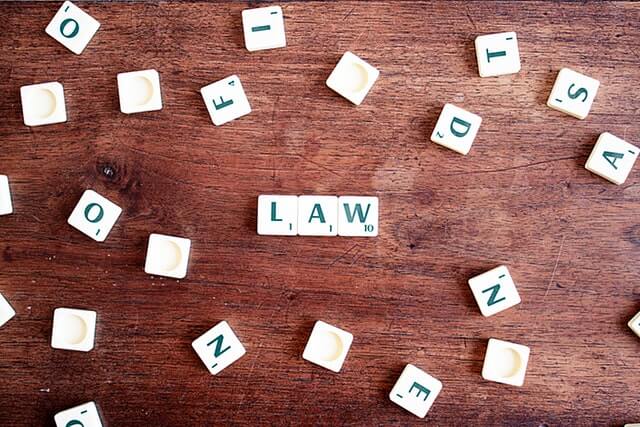Before you hire a probate lawyer, you probably want to know what happens during the probate process. In short, probate is the process by which the courts settle a decedent’s estate—during the process, the court authenticates the last will and testament and appoints an executor, who locates the assets of the estate and determines their value, pays any outstanding debts and taxes, and finally distributes any remaining assets to the beneficiaries of the estate.
Here Is How the Probate Process Works When Your Estate Plan Can’t Avoid It
Authenticating the Will
If the deceased had a will, a judge will decide whether it is valid. Usually, this requires a hearing, and the court must notify anyone named in the will as well as any heirs. The hearing is an opportunity for anyone involved to raise objections. These objections can range from calling the validity of the will into question because a more recent will exists to asking for a new executor to be appointed. Having a probate lawyer with you can help you raise objections.
Appointing the Executor
The judge will appoint an executor of the estate—in other words, someone to carry out the probate process. Typically the deceased’s choice of executor will be included in the will. Barring this, the judge will appoint the next of kin, who may choose not to accept.
Locating the Estate’s Assets
The first thing that the executor has to do is to locate and take possession of all of the assets included in the estate, which can be a difficult process. Locating all of the assets requires a lot of research, since all the decedent’s possessions might not be included in the will. In the case of real estate, the executor must carry out duties like paying taxes and mortgages and maintaining insurance policies to ensure that the property is protected.
Identifying Creditors and Paying Debts
The executor must then identify any creditors that the deceased owed money to at the time of their death. After identifying the creditors, the executor must settle any remaining debts using funds from the estate.
Filing Taxes
The executor must also file the decedent’s final tax return and pay any estate taxes owed. Sometimes paying for debts and taxes requires the executor to liquidate certain assets.
Distributing the Estate
Once all of the above is sorted, the executor can then petition to distribute the remaining assets to beneficiaries named in the will. If any minors are named as beneficiaries, the executor might also be responsible for setting up a trust.
There is also what is known as an intestate estate, which is essentially an estate that does not have a will. In such cases, the deceased’s property will pass on to their closest relatives as determined by the state.
Contact a Probate Lawyer Today
Do you need the help of an attorney who has experience handling probate in Florida? Contact a probate lawyer at Casal & Moreno, P.A., today to learn how we can help you sort out your loved one’s estate.
